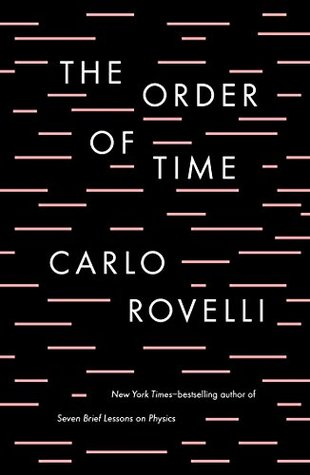More on this book
Community
Kindle Notes & Highlights
For a moving object, time contracts.*
Our “present” does not extend throughout the universe. It is like a bubble around us.
Don’t take your intuitions and ideas to be “natural”: they are often the products of the ideas of audacious thinkers who came before us.
The entire evolution of science would suggest that the best grammar for thinking about the world is that of change, not of permanence. Not of being, but of becoming.
The world is not a collection of things, it is a collection of events.
The world is not so much made of stones as of fleeting sounds, or of waves moving through the sea.
What works instead is thinking about the world as a network of events. Simple events, and more complex events that can be disassembled into combinations of simpler ones. A few examples: A war is not a thing, it’s a sequence of events. A storm is not a thing, it’s a collection of occurrences. A cloud above a mountain is not a thing, it is the condensation of humidity in the air that the wind blows over the mountain. A wave is not a thing, it is a movement of water, and the water that forms it is always different. A family is not a thing, it is a collection of relations, occurrences, feelings.
...more
We understand the world in its becoming, not in its being.
“Things” in themselves are only events that for a while are monotonous.58
This dense marble table would look like a fog if I were shrunk to a small enough, atomic scale. Everything in the world becomes blurred when seen close up. Where exactly does the mountain end and where do the plains begin? Where does the savannah begin and the desert end? We cut the world into large slices. We think of it in terms of concepts that are meaningful for us, that emerge at a certain scale. We see the sky turning around us every day, but we are the ones who are turning.
We long for timelessness, we endure the passing of time: we suffer time. Time is suffering.
the entropy of the world in relation to us increases with our thermal time.


